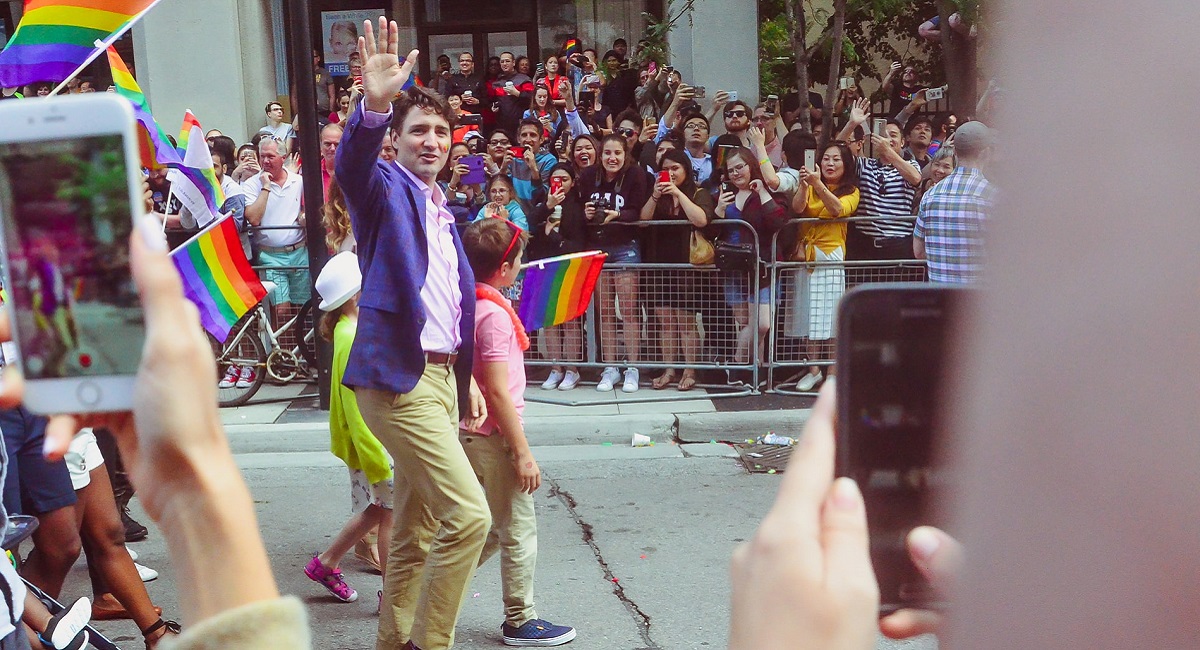
Political Advertising in India
For most Indians, politics in our country is all about the eternal rivalry between the Congress and the Bharatiya Janta Party (BJP), with other parties being small fish in a pond. In the race to become a household name and wield the ultimate power, these parties leave no stones unturned to be in the limelight.
The political advertising scenario in India has gone through an immense evolution. From what used to be a simple form of one-to-one communication, to the new age of political advertising which is more technologically driven, it has become creative, engaging, and powerful and is no less than how a popular brand promotes itself in the market.
Through the years, political advertising has shifted from a traditional approach to more aggressive technology-based campaigns. It involves the use of various media to reach out to its voters as well as to create a favourable voting preference. Due to the fundamental shift of communication from news to advertising, the public is now exposed to greater amounts of these campaigns during each election cycle. Thus, the use of media forms like television, radio, newspapers, etc. has increased. The significant growth in the political advertising scenario has taken place because of the enlargement of voter’s size, technological advancements and their opportunities, and rising competition in Indian politics. Although the content might not be very different from what it used to be, the campaign technique has drastically shifted to experimenting with compelling technology that is around us.
With the emergence of social media, political parties do not shy away from using the platform to their advantage. The digital platforms have become a prominent source of information for all political parties, candidates, and organisations. People are now open about their political views on social media which gives a large picture of the voting behaviour for the parties contesting. While previously, systems were not interactive, new forms of media have made the situation more transparent and approachable.
This new phase of political advertising on digital media requires the sophisticated use of digital technology. It should also have a higher level of interactive information sharing, networking, collaborations, engagement, etc. Keeping an interactive platform is required now more than ever, as people are more interested in their political surroundings and have become alert and careful regarding the powers being bestowed on a single party. People are vocal about their preferences and dislikes and this can be a take away for election advertisers in strategically chalking out a campaign. Taking notes on the social issues, things that matter to the people of the nation, curbing the prevailing social evils are a few points to be taken into account while planning a campaign.
According to a report by the Agency Reporter, in 2019 elections, the media spent was estimated to have a jump of 150%, as compared with the general elections of 2014. The advertisers expected social media to corner Rs. 12,000 crore in ad spends, with Facebook taking a major share of that. Some of the newly explored platforms were Snapchat, Reddit, Pinterest, and Vine.
The trend that can be seen taking shape in politics now is more like a B2C industry. That means it will be direct to the voter i.e. the voter wants to hear directly from the politician. The role of media is particularly influenced in this situation. Most news channels run on an advertising-based model. A major chunk comes from the government, where they propagate the party’s ideas. Channels failing to do so falls under immense pressure to exist in the race.
It can be seen that the political advertising scenario has evolved for good over time. Something that began as a mere attempt to announce propagandas, has now become a 360-degree strategic mapping of the advertising agencies. Teams from TV advertising agencies and digital marketing agencies that are working towards making the agenda work have to put an all-hands-on-the-deck approach to effectively execute a successful campaign.


